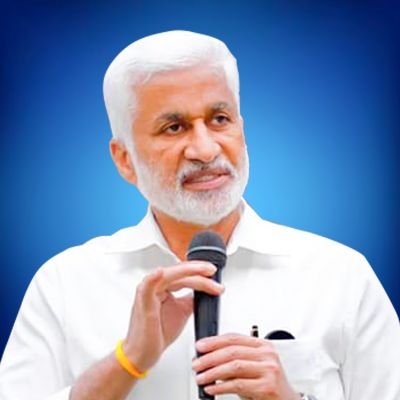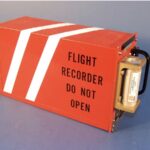India’s civil aviation regulator for airport economics is falling short of its mandate, a parliamentary committee has warned, citing weak oversight, lack of transparency, and failure to protect both airlines and passengers from arbitrary charges.
In its latest report, the Standing Committee on Transport, Tourism and Culture said the Airports Economic Regulatory Authority of India (AERA), set up in 2008 to regulate tariffs and service standards at major airports, has been unable to check monopolistic practices by private operators or ensure fair competition.
The panel, chaired by Rajya Sabha MP Vijayasai Reddy, said AERA has largely become a “rubber stamp” for airport developers, with its tariff-setting powers diluted by delays, inconsistent methodologies, and political interference. The result, it said, is an environment where airport charges remain high and airlines struggle with escalating costs, which are ultimately passed on to passengers.
One of the sharpest criticisms concerned the regulator’s handling of airport tariff fixation. The committee noted that disputes between operators and AERA often result in prolonged litigations, leaving airlines caught in uncertainty and consumers exposed to arbitrary fee hikes. “The very purpose of AERA — to bring predictability, transparency, and fairness in economic regulation — has been compromised,” the report said.
The panel also flagged that AERA has no effective mechanism to monitor whether airports actually deliver the quality of service promised in return for the charges levied. Despite collecting development fees, passengers often face congested terminals, inadequate facilities, and long queues. The committee warned that without robust accountability, India risks building a high cost but low-quality aviation infrastructure.
The regulator’s limited jurisdiction further weakens its impact. Currently, AERA covers only major airports above a certain passenger threshold, leaving smaller but fast-growing regional airports outside its purview. The committee argued that this patchwork approach undermines India’s regional connectivity goals under the UDAN scheme and allows inefficiencies to fester unchecked.
Another major concern raised was AERA’s lack of coordination with the Directorate General of Civil Aviation (DGCA) and the Airports Authority of India (AAI). The report said the absence of an integrated regulatory framework creates overlaps and gaps, with no single authority ultimately accountable for balancing investor interests, airline viability, and consumer rights.
The committee urged the government to strengthen AERA’s statutory powers, widen its scope to include all commercial airports, and enforce stricter timelines for tariff decisions. It also recommended an independent review of AERA’s functioning, warning that without reform, India’s ambition of becoming a global aviation hub would remain compromised by high costs and regulatory uncertainty.
Critically, the report linked AERA’s shortcomings to broader concerns over predatory pricing and cartel-like behavior in the aviation sector. By failing to regulate airport charges effectively, the regulator indirectly fuels fare volatility, as airlines are forced to recover costs through unpredictable ticket pricing.
India’s aviation market carried more than 153 million domestic passengers in 2023-24, with traffic projected to double over the next decade. The sector requires billions of dollars in infrastructure investment, much of it from private developers. But the committee cautioned that unless AERA is retooled to act as a credible, independent regulator, the system will continue to tilt towards investors at the expense of airlines and consumers.
“The Airports Economic Regulatory Authority was envisioned as a counterbalance to monopolistic tendencies,” the panel said. “Instead, it has become a bystander in a sector where economic fairness is as critical as safety.”






